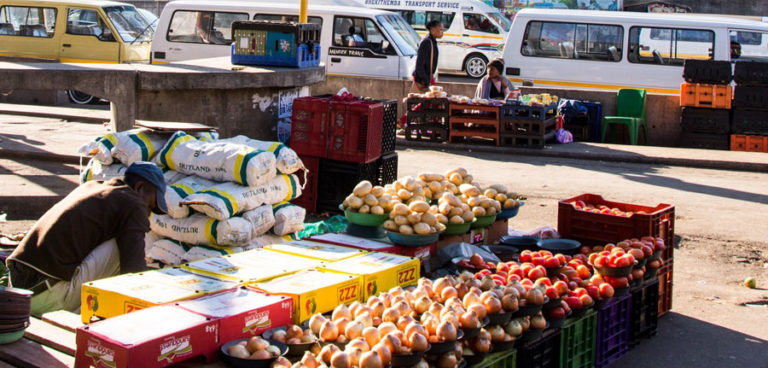Growth of the South African economy is driven by a range of factors. The informal trading sector is one major drivers of economic growth in the country. According to the Helen Suzman Foundation, “Informal Trade is for many South Africans the ‘alternative to unemployment’”. Without informal trading, South Africa’s unemployment rate, which is already very high, would rise by approximately 20%.
It’s through this form of trading that many people manage to put food on the table and pay for school and tertiary fees.
While informal traders are able to make a living this way, there are a number of challenges they are facing, which could be solved through empowerment programmes.
What it means to have informal traders empowered:
In KwaZulu-Natal, a mobile entrepreneurs’ project was recently launched, as a “modern trade concept” as a way of better organising the work of local informal traders. The aim of the initiative was to recognise the pivotal role of the informal sector in growing the economy of the King Cetshwayo District in KZN.
The entrepreneurs were given mobile kitchens, fridges and mobile toilets.
“With these tools we are confident that they will be able to create thriving businesses in their localities,” said District Mayor Nonhle Mkhulisi.
South African Local Government Association (SALGA) says that informal traders should be viewed as “an important part of government’s strategies to address unemployment, support livelihood creation and reduce vulnerability”.
Informal trading may include:
Street trading; mobile trading such as from caravans; selling of goods in stalls or kiosks; selling of goods at special events.
Operating as an informal trader means having to abide by various by-laws and regulations.
Having informal traders empowered means that there will be ways to tackle challenges such as a lack of finance, insufficient business infrastructure and inconsistent enforcement of regulations.
Through various initiatives, informal traders will be provided with tools that enable them to improve their businesses.

